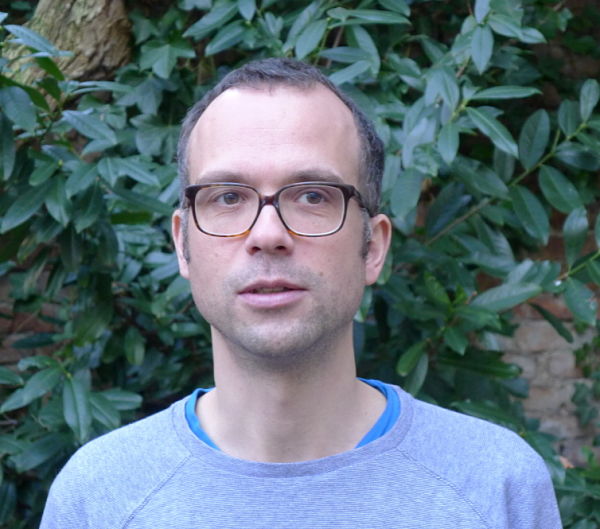FAST-FORWARD PRODUCT MANAGEMENT
Customer centric
The basis for successful products is a deep understanding of the problems and needs of customers and the underlying context, because in reality customers always behave differently than expected. Those who do not validate their ideas and assumptions directly with customers are easily misguided by their own prejudices and interests.
Concrete
Product development means selecting the right options from thousands, large and small. Concrete, tangible prototypes help to make necessary decisions transparent at an early stage and to validate concepts directly with customers in a realistic way.
Iterative
In an increasingly complex and unpredictable environment, no idea is successful straight away. Numerous iterations are necessary to find a relevant customer problem and a suitable solution that enables a sustainable business model. Fast, focused experiments help to learn heuristically and hypothesis-driven.
Explorative
Focusing too early on a solution often obscures the best option. Customer centricity, focused iterations and concretization make it possible to validate many ideas in a short time AND to be on the market quickly.
Holistic
Viable
A product is useless if it does not enable a sustainable business model. Solutions must be technically feasible and economical within the given framework conditions.
Blog

Wasted potentials of agile product development
When asking product managers on the main principles of agile product development, you should roughly get the following answer: Cut the product in the smallest possible, viable and testable pieces (also called MVP). Deliver those, piece by piece (incremental), to the customer to learn as quickly as possible from real feedback from real customers on […]
Customer feedback: No, thanks!
The core of agile product development is to improve a product iteratively, based on fast customer feedback. However, there are many companies out there, which do not learn from customers (see also “Wasted potentials of agile product development”). The majority of them has an inner claim to involve customers in development, but is not able […]
Agile Cost Accounting
Developing online products is expensive. Once the concept has been defined, a calculation for developing a small product might look like this: persons in dev team 6 days development x 60 EUR per person and day x 600 EUR development costs = 216,000 In view of such amounts possible ways to cut costs will be […]
Profile
Christian Becker has been developing products of all sizes since 2008 – from small features to innovative business models. He has broad practical experience from projects with high-scaling products and international, cross-functional teams based on Scrum, Kanban, Lean Product Management, Lean UX and Design Thinking, among others for eBay Classifieds, Charité, Bosch, kununu, XING, mobile.de, Zanox, Wer Liefert Was, Scout24, OBI, Meteo Group, DKB, mika:timing and Betterplace.
Before founding his own company, Christian initially worked for automotive supplier Hella as a product manager and in corporate strategy and planning before switching to marketing at eBay Motors. He then worked on the strategic differentiation of mobile.de before finally becoming product manager at mobile.de, where he was responsible for the development of the local marketplaces in Italy and France, among many other projects. Based on this experience, Christian took over as head of product management at mobile.de and built up the user experience department – initially for the German business unit and then for the entire company.

